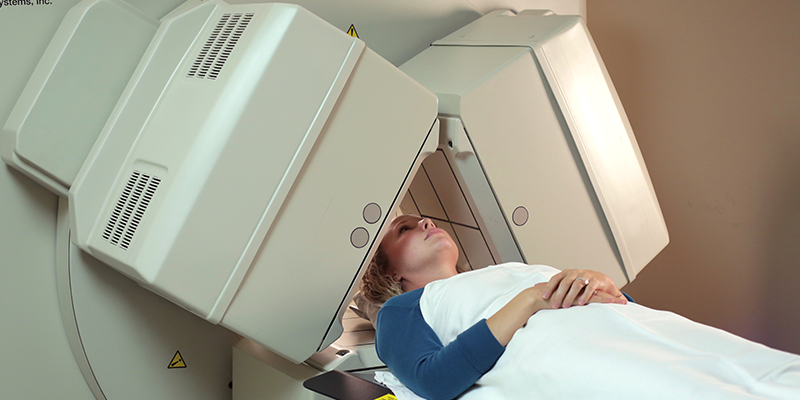
Over the last 30 years, biomedical research and early detection has changed the outcomes of many serious diseases such as leukemia, AIDS, stroke, heart disease and Alzheimer’s disease. Through research, the medical community better understands how these diseases are formed, worsened and most importantly, how to save lives through early intervention.
Heart Disease – an Early Detection Success Story:
• 30 years ago – heart disease was the #1 killer for men in their 40’s.
• Present day – 63% reduction in death due to early detection and intervention.
• Early intervention now saves 1.1 million lives from heart disease every year!
Brain Disorders and Early Detection
When it comes to brain disorders such as Schizophrenia, Bipolar Disorder, Depression, PTSD, Anxiety Disorders, Eating Disorders, ADHD, OCD, and Alzheimer’s Disease, most medical doctors are still waiting for symptoms to manifest before doing anything about it. Think about if we still waited for the ‘heart attack’ to address heart disease? We would lose over a million people a year unnecessarily.
There are often changes in the brain a decade or more before there are visible changes to behavior. Many scientists believe that Alzheimer’s disease actually starts 30 years before people have any symptoms.
Brain Disorders Left Undiagnosed
Once behavior does change due to a brain disorder, leading a normal, happy life can become very difficult. We estimate that:
• 1 in 5 people will suffer from a mental disorder in their lifetime.
• 1 in 20 people with a mental disorder will become truly disabled by it.
• 30% of disability from medical causes can be attributed to mental disorders.
These are chronic disorders of young people and early onset is very common:
• 50% onset by age 14
• 75% onset by age 24
• These conditions come on early in life, when self-esteem and behavioral patterns become ingrained.
One of the worst-case scenarios for untreated or incorrectly treated brain disorders is suicide.
Statistics:
• 38,000 suicides each year.
• 1 every 15 minutes in the U.S.
• 3rd most common cause of death in those age 15 to 25.
• Each suicide intimately affects at least 6 other people.
• 90% of suicides are related to brain issues and mental illness.
Early Detection at the Amen Clinics
The brain SPECT imaging that we use in our nationwide clinics is a useful, early detection tool that helps identify the brain activity patterns that inform and allow us to intervene with the correct treatments.
We Can Help
Early prevention is key and necessary. You can create a brain healthy life by learning how to love and care for your brain and body. If you, or someone you love, could benefit from an evaluation at Amen Clinics, call our Care Coordinators today at 888-288-9834 or tell us more online.




Where is the nearest Amens clinic to Houston, Texas?
Is it covered by insurance?
If not covered, how much will an initial consult cost?
Comment by Shamim — May 13, 2018 @ 3:48 PM
Hello Shamim, thank you for reaching out. We will have a Care Coordinators reach out to you via email. Please call us with additional questions at 888-288-9834.
Comment by Amen Clinics — May 14, 2018 @ 7:45 AM